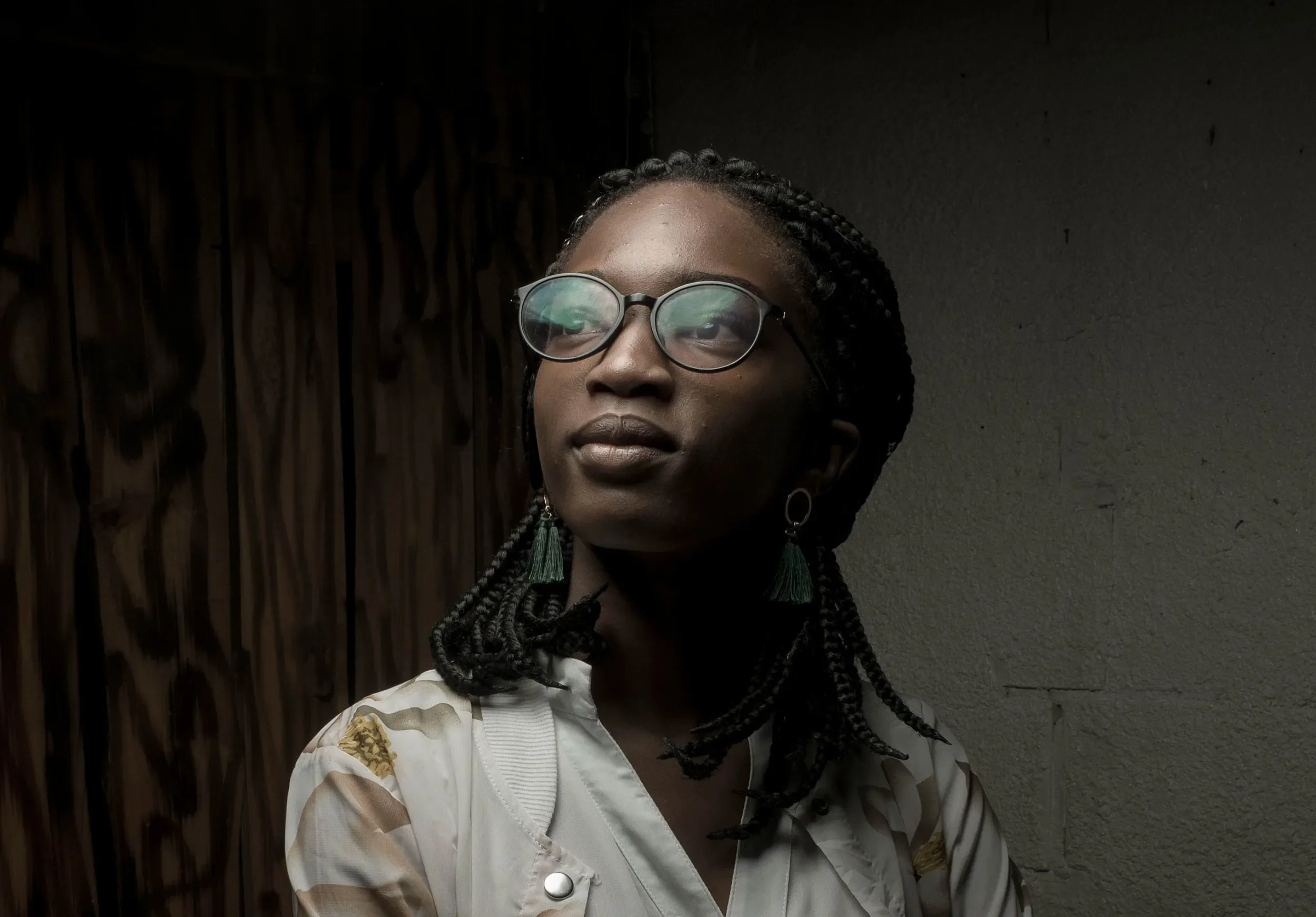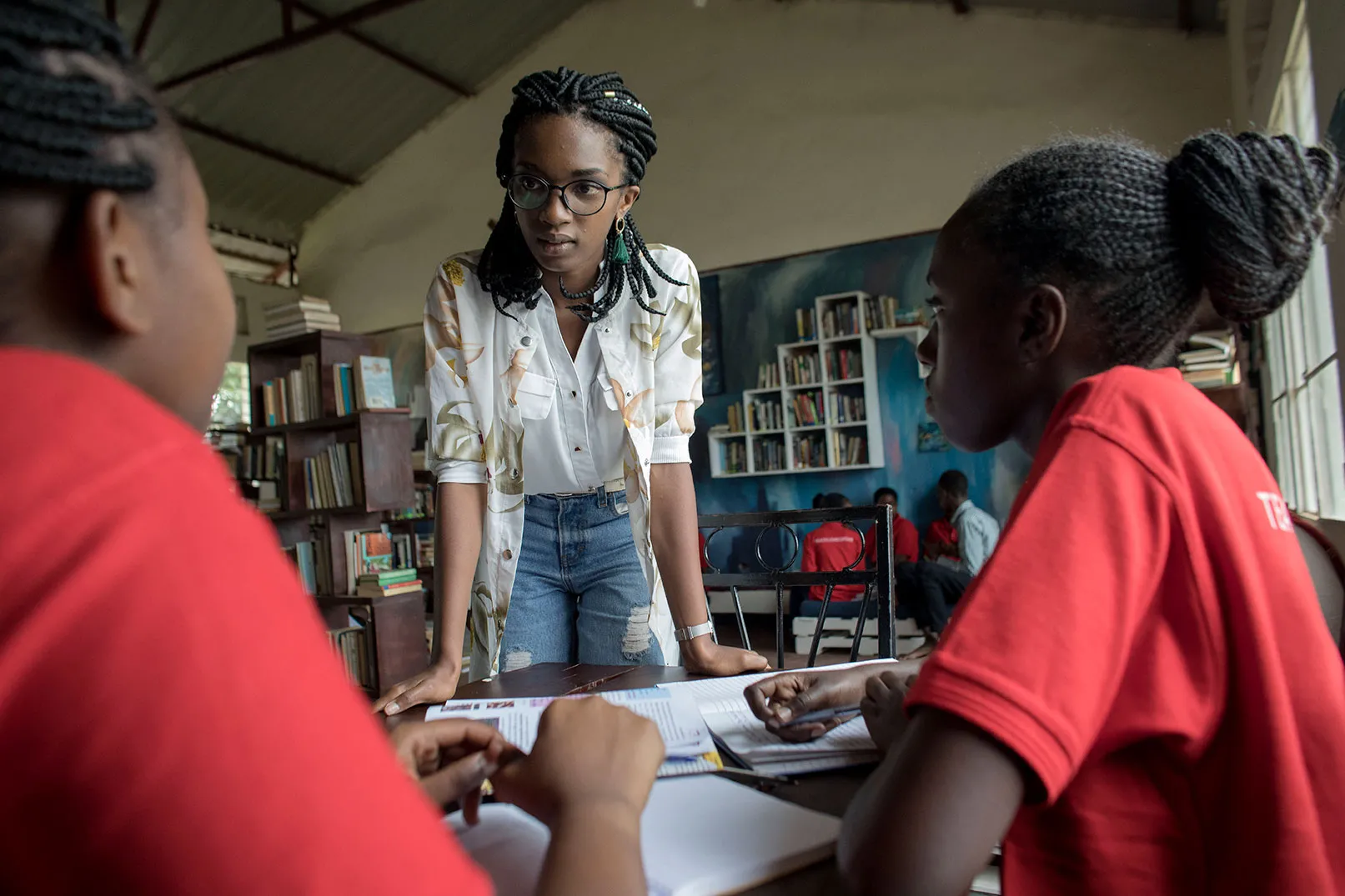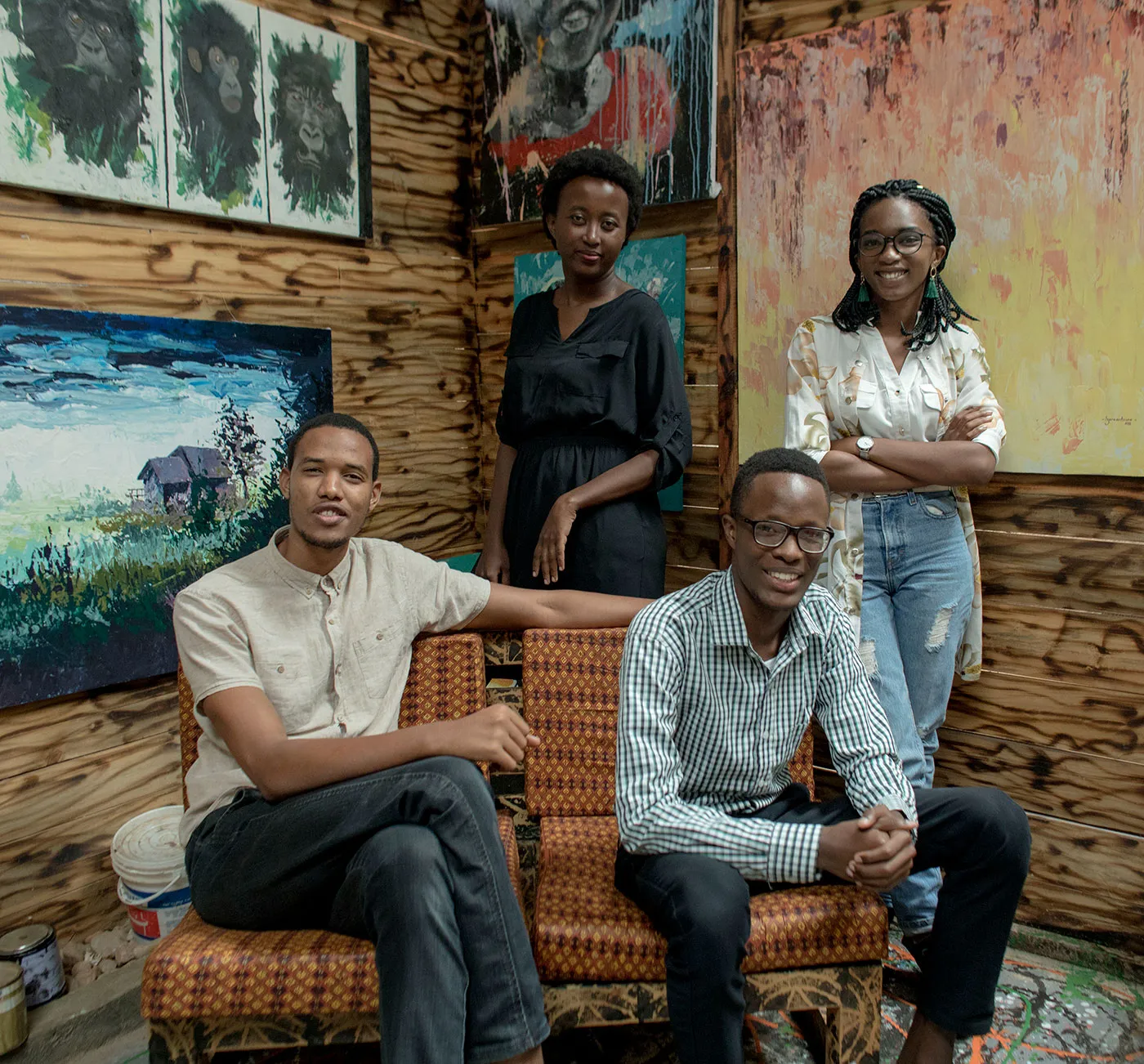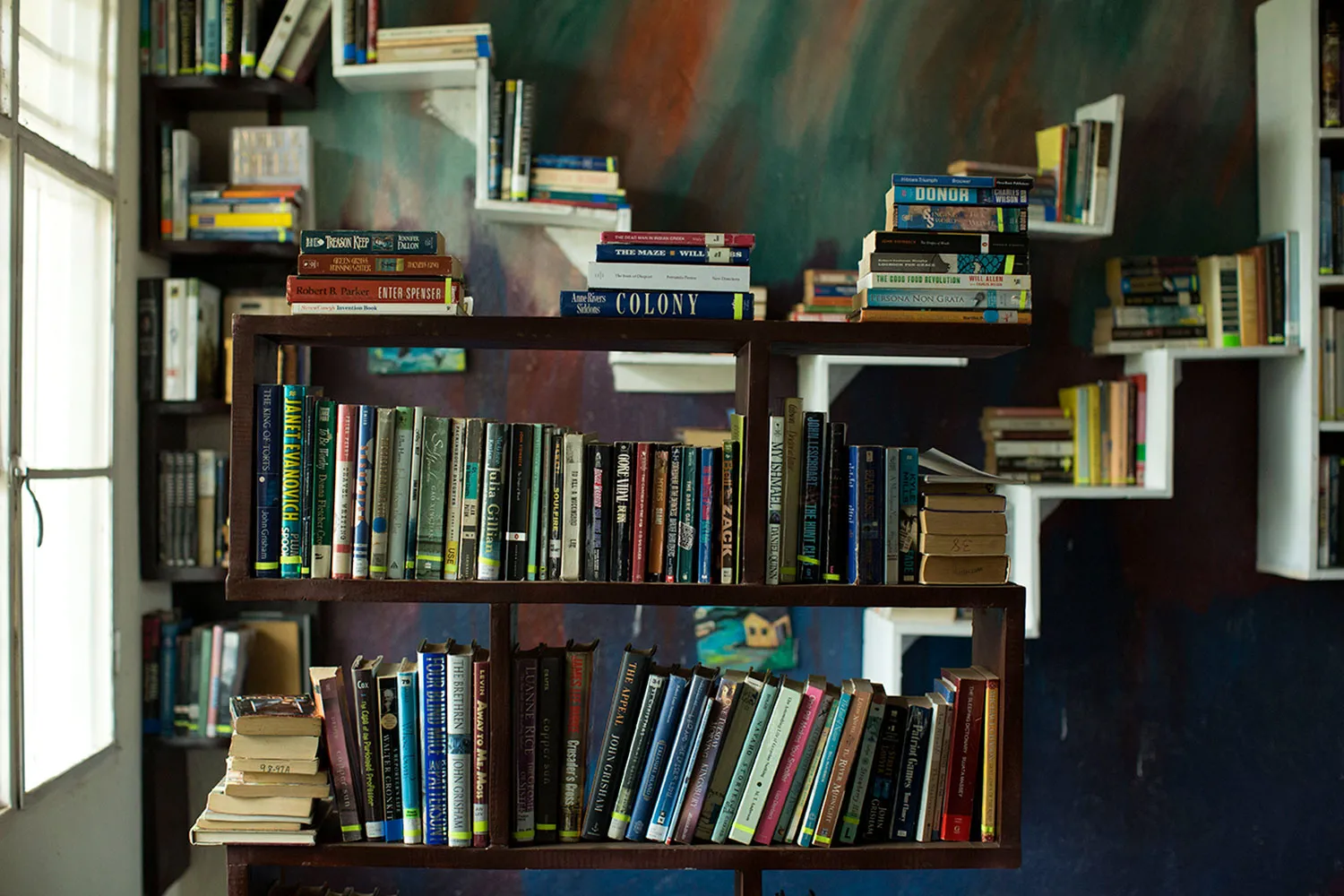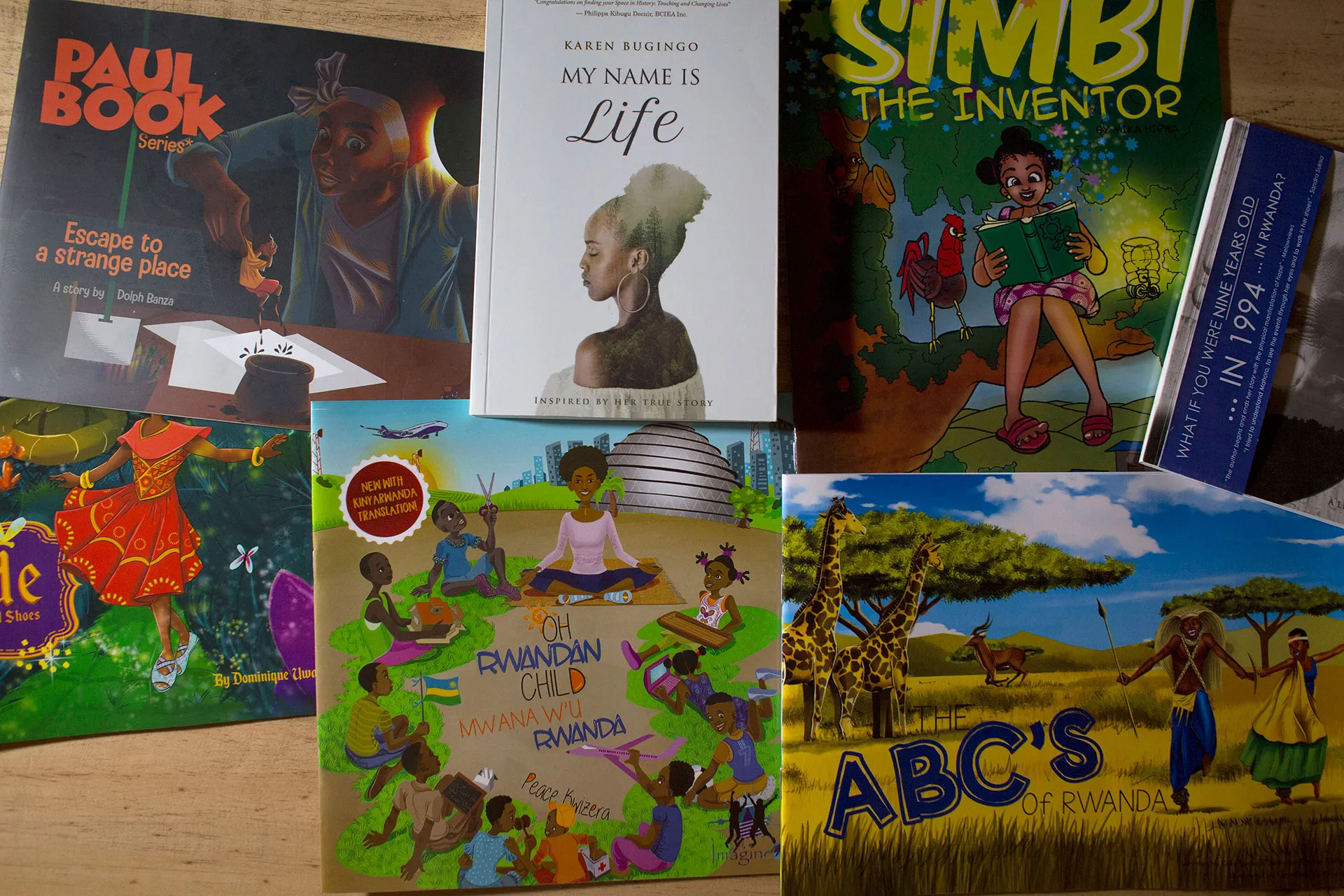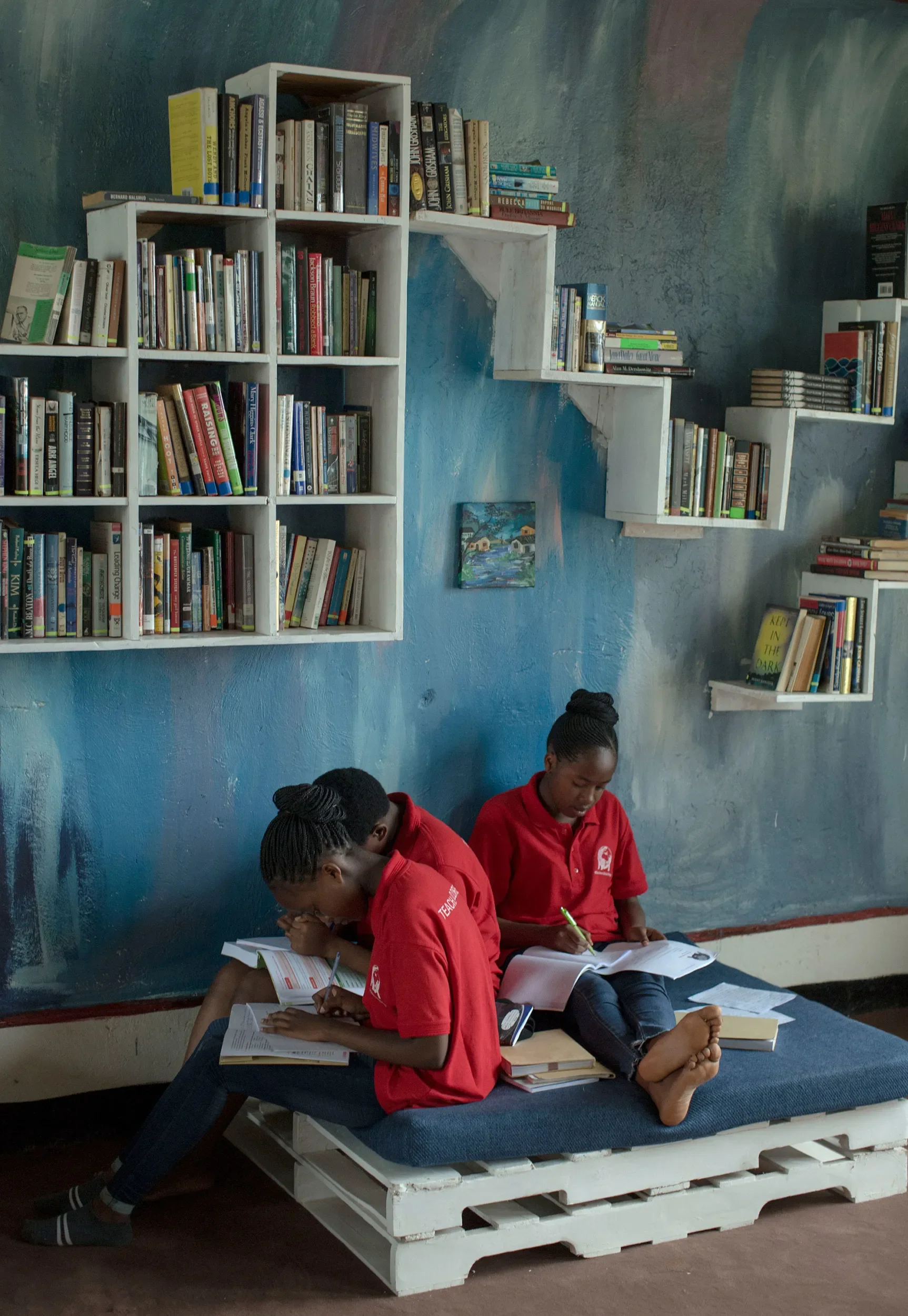“I’m trying to get more young Rwandans and Africans to produce their own stories. Our stories are being told by lots of different people — it’s high time we tell our own,” Dominique says.
In addition to publishing books in which young Africans can see themselves, Imagine We also trains authors, donates books to schools in need, and creates platforms for self-expression. Since its launch, Imagine We has published seven titles. Read on to learn more about how Dominique is changing the reading culture among Rwandan youth.
How did you get into publishing books? And why did you decide that books were the medium through which you would tell stories?
For me, reading creates a safe space. I wanted to provide that for other people. At [our first community] library, we were receiving kids from low economic backgrounds who sometimes would struggle with access to basic needs such as sanitary facilities. I debated in my mind whether books were necessary when there were such dire needs. We then created a system where if a child would read five books, they would get a toothbrush, soap or sweater.
As they read the books, most of which were Disney, the children noticed that only people with a certain skin tone could fly or could be a hero. This was an unintended consequence of the literature we had given them to read. My team and I started to think critically about how to produce books where these kids could see themselves and read about stories that reflected their own contexts. A year later, after a lot of fundraising, we launched our publishing house with the book Oh Rwandan Child by Peace Kwizera. Kids were excited and able to recognize seemingly unobvious things like hair textures! They were really impacted by that.
You publish a lot of children’s books. Why is this so important to you?
I’m passionate about children. The African child has little resources to validate his or her imagination. The more we validate them and encourage their ideas, the more they will act on them. The older generation are a bit harder to penetrate as they’ve been moulded to think and live in certain ways. Fresh minds learn fast, they absorb things and they are curious. There’s so much hope when working with kids. I’m able to see the Africa that I’ll leave behind, so it’s very exciting.

